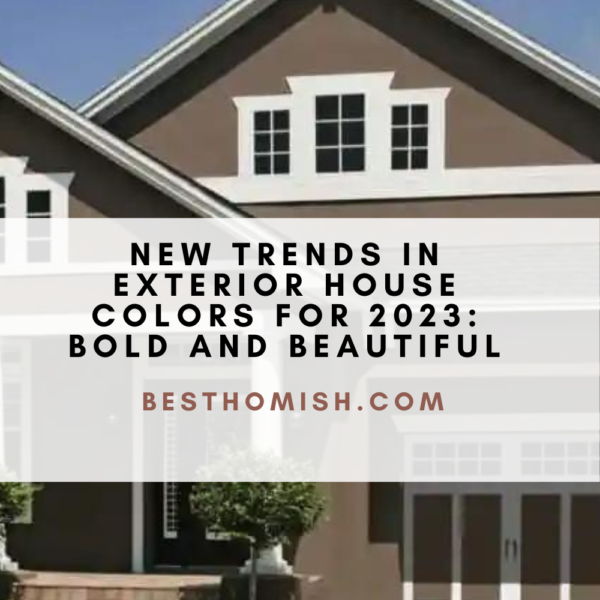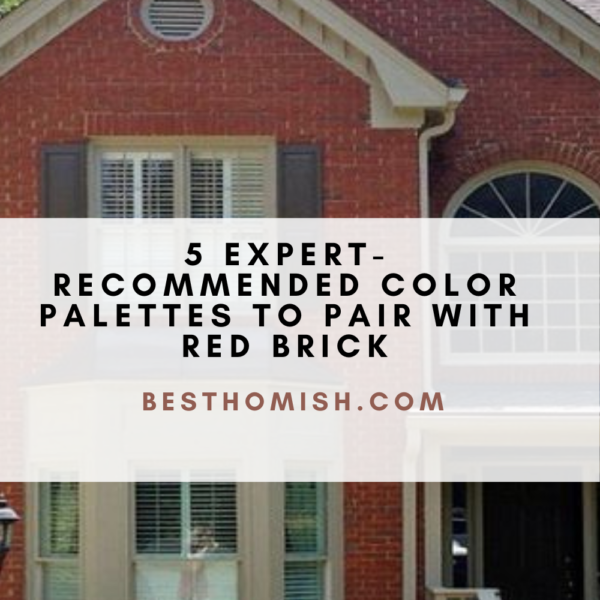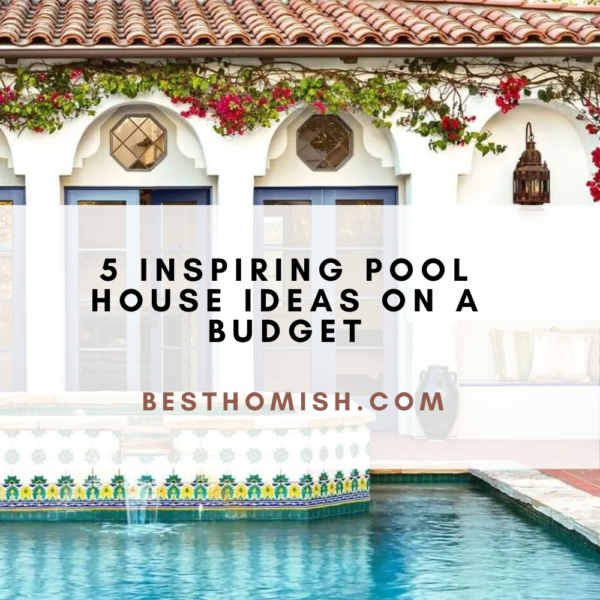We designer types tend to use Benjamin Moore paint when we are specifying paint colors. Their paint has more depth of color than other brands and covers very well.
Doty Horn, Director of Color & Design at Benjamin Moore, scours the earth in search of trends. She works on color trends a full two years in advance. Doty’s PowerPoint presentation of in- vogue happenings gathered from around the world, showed everything from chairs that look like nests to furniture made from melted PVC pipes. Doty distills all these wacky, out-there movements into usable color trends for real life. Horn’s analysis identifies colors that will be popular in everything from cars to appliances to home accessories and interior design.
Well,
Here is the news:
According to Benjamin Moore’s Color Pulse 2009, there are four main color trends that will be dominating our surroundings next year and beyond.
Raw: Horn says this palette is derived from the push toward minimalism, pairing life down to its most authentic. Horn said this palette is derived from unfinished wood, cinder blocks and other “make-do” materials and includes shades of white, sand and gray.
Benjamin Moore’s “Raw” colors include: Chantilly Lace OC-65, Mascarpone AF-20, Collector’s Item AF-45, Fossil AF-65, Frappe AF-85, Hush AF-95, Jute AF-80, Tucson Winds 1024, Sterling 1591, Storm AF-700, Steel Wool 2121-20, Gray 2121-10
Urban Silence: Horn said this group of colors reflects the changing delineation between life in the city and life outside the city. “This is where the trees become houses and the houses become trees,” she explained.
As more urban buildings incorporate rooftop gardens and shipping containers are converted into living spaces, the city becomes a softer, more livable place. Horn said this palette reflects these changes by mixing the gray tones of urban living with vibrant, organic colors like green, rust and terra cotta.
Benjamin Moore’s “Urban Silence” colors include: Shadow Gray 2125-40, Lapland AF-410, Yellow Tone 370, Wasabi AF-430, Winding Vines 532, Old Gold 167, Glen Ridge Gold 301, Rattan AF-375, Rustic Taupe 999, Abbey Brown 1225, Bronze Metallic Bronze-30 (Studio Finish color), Copper Metallic Copper-40 (Studio Finish color)
Simplexity: To understand this color palette, think about the pixels that make up a computer screen: thousands of tiny dots in different shades that come together to make a whole. These are colors that have more to them than meets the eye.
“The colors here are very complex, they have a lot of depth to them, but they’re easy to use, so that’s the simplicity part of that,” Horn says. For example, she said, think of a color that looks black, but it’s really purple. “It’s almost black but it has an undercurrent of blue and red running underneath it and it just has a rich texture and a rich landscape, and the way that the light hits it, you start seeing the nuances of how those colors flip underneath it.”
Benajamin Moore’s “Simplexity” colors include: Thunder AF-685, Meditation AF-395, Amsterdam AF-550, Carob AF-160, Caponata AF-650, Merlot Red 2006-10, Arroyo Red 2085-10, Dried Mustard 2158-10, Majestic Violet 2068-10, Hidden Falls 714, Buttered Yam AF-230, Gargoyle 1546
Private Identity: With the “Private Identity” palette, Horn said she and the other color trends experts were thinking about how we express our individuality in such an overwhelming, populated world. Here, the colors are bright, bold and unexpected.
“You’re your own person so you’re going to put together a personal statement color,” Horn said. “You could do a bright red mixed with a powder blue and put a bold gold against it. So you’ve got this contrast of very bold color and then a very light color and that gives it an unexpected twist.”
Benjamin Moore’s “Private Identity” Colors include: Desert Rose 2094-50, Mango Punch 154, Perennial 405, Pacific Palisades 762, Tricycle Red 2000-20, Blushing Red 2079-20, Thunderbird 675, Lucerne AF-530, Fire and Ice 1329, Black Satin (High Gloss) 2131-10, Silver Metallic Silver-20 (Studio Finish color), Gold Metallic Gold-10 (Studio Finish color)
(The symbols after the colors listed above indicate their collection, so ones with an AF mean that they are part of the Affinity group of colors, OC stands for Off-White Colors and the ones with numbers are in their regular group of classic colors).
Don’t know where to start? Which colors story to use?
I think you can use colors that are in keeping with the geography in which you live, the architecture of your home and most of all PERSONAL CHOICE. If you live on the 28th floor of a condo with a view of a major mountain and you over look a river …its all about the view. So keep your colors to a dull roar. The color palette of RAW may be a good choice for you. If you live in a gray climate and want color, the rich hues of the SIMPLEXITY palette may be the right choice for you.
I believe the real trend is personalization. People are tired of others telling them what is good for their home. When choosing colors think about what color looks good on you. What do you like to wear? What do you want to feel when you walk through the door? Color defiantly evokes a feeling.
You may want to buy a sample of the color you want to you use and paint it on “mighty board.” it’s a thin, ridged plastic 2×2 sheet of material that will not warp when painted. You can get it at most Benjamin Moore paint stores. See what the color looks like at night and during the day, before you paint the whole room.
Most important, be daring – it’s only paint. You can easily re-do it for a few bucks.
Happy painting!
Kimberlee Jaynes
Associate member NWSID
Kimberlee Jaynes is Portland Oregon’s Color Specialist
Kimberlee Jaynes placed as a finalist in the Residential Interiors category of the Benjamin Moore HUE awards. More than 150 entrants competed in this national contest.
Kimberlee Jaynes is among Portland Oregon’s most talented designers. Her work is a combination of comfortable sophistication and confident simplicity. She is continually praised for achieving that delicate balance between serene and striking, while creating a unique environment that instantly feels just right. A Kimberlee Jaynes interior is where art meets function – a delightful blend of “Why didn’t I think of that?” and “This is the way my home was meant to feel.”









































